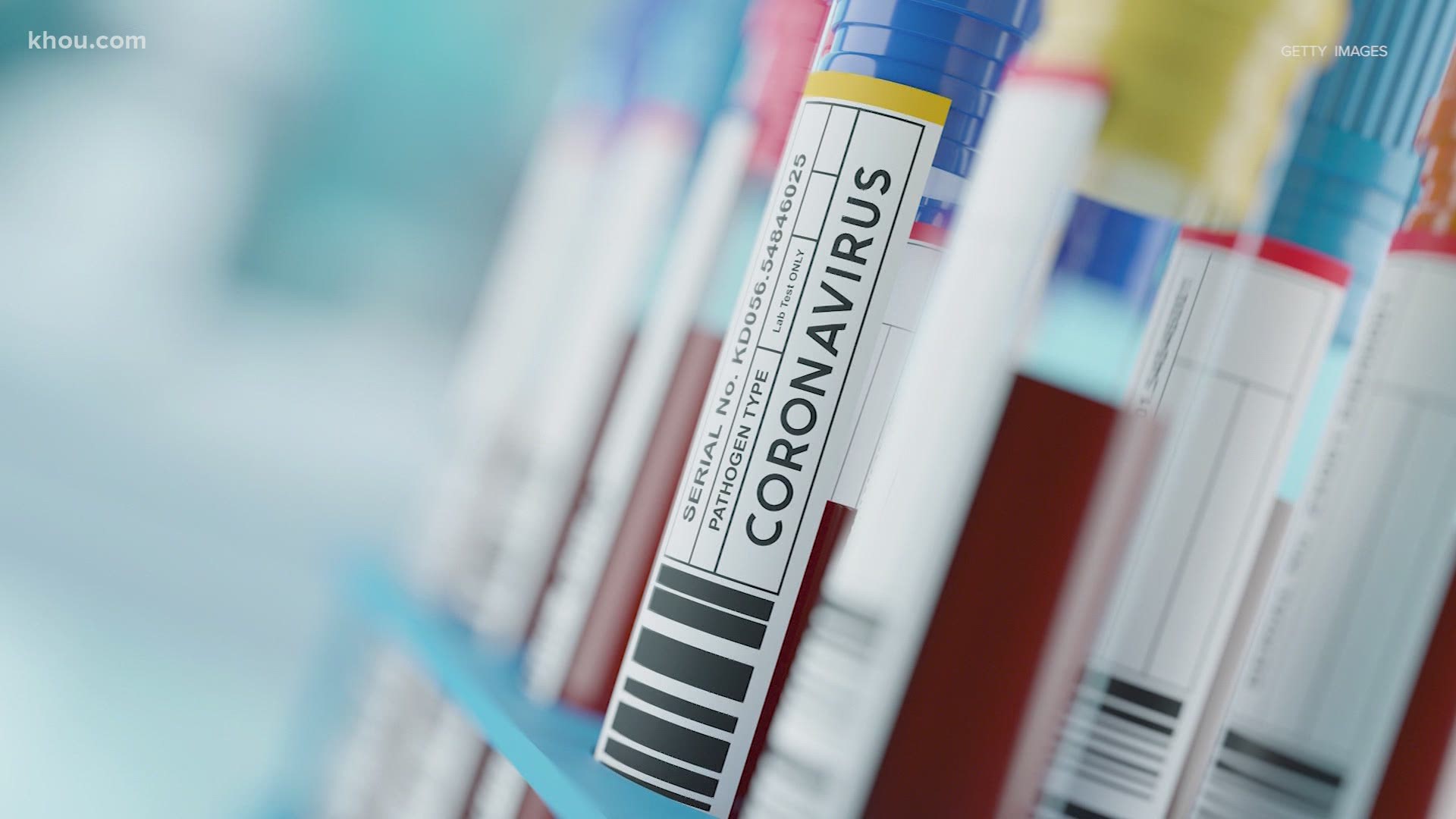How does COVID-19 spread?
In March, the CDC, NIH, UCLA and Princeton released a study that found the virus can live for hours on copper and cardboard.
Researchers discovered it can live for up to two to three days on plastic and stainless steel.
However, guidance on the CDC’s website now says the virus does not easily spread from touching surfaces or objects.
The new information has a lot of people wondering what changed.
“That original guidance was based on experimental data. The authors themselves said, ‘We don’t know what that means in real life’. Now, we’ve had several weeks of real-life information that suggests that type of transmission from surfaces is less likely,” said Dr. Michael Chang, a pediatric infectious diseases specialist with UT Health.
He said the “real life” data comes from health departments and international reports.
For example, studies of outbreaks at a call center in South Korea and a restaurant in China found the virus spread through close person-to-person contact.
The infected individuals didn’t necessarily touch the same surfaces as the people they spread the virus to.
“What I think the CDC guidance suggests is you should still do your hand hygiene and focus on high touch surfaces, but you probably don’t need to worry as much about packaging, your groceries, take out containers, or stuff like that,” Chang said.
What hasn’t changed is the fact that the coronavirus is highly contagious, especially when an infected person talks, coughs or sneezes.
Keep in mind, someone who tests positive for COVID-19 may or may not be showing symptoms.
That’s why doctors say social distancing, wearing masks, and washing your hands often continues to be the key to staying healthy.

